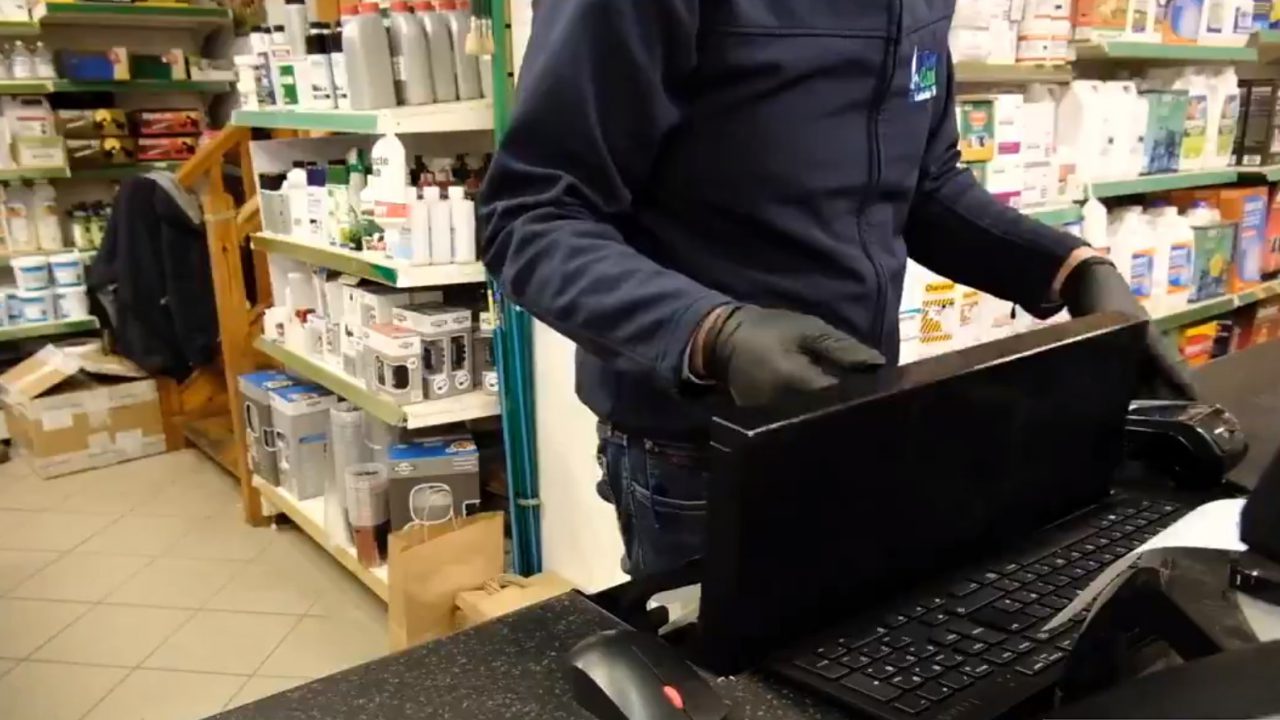Farmer views must be “front and centre” in the antiparasitic medicines debate which is currently ongoing, according to the Irish Cattle and Sheep Farmers’ Association (ICSA).
ICSA animal health and welfare chair Hugh Farrell stressed that farmers’ abilities to take care of animal welfare needs and run their businesses efficiently must be front and centre as new rules around accessing veterinary medicines are decided.
Farrell called on Minister for Agriculture, Food and the Marine Charlie McConalogue to take action on this to ensure farmers don’t lose out on the issue.
“This process must be guided by what is best for the 100,000 plus farmers who will be most affected by these changes, and not by stakeholders with a particular vested interest one way or the other,” he said.
The chairman highlighted that, given the much smaller numbers of vets (around 3,000) and licenced merchants (approximately 1,000) in the country, the effects felt by farmers would obviously be much more widespread.
“While ICSA accepts that the veterinary profession and the licenced merchants are key players in the process, it is farmers who stand to be inconvenienced the most,” he said on the antiparasitic product debate.
“We need the industry, we need competition and we need a price structure,” Farrell stressed.
“The primary goal must be to facilitate farmers in carrying out routine farming tasks in a straightforward and economic manner.
“The fact that the issue has descended into a face-off between the department, the veterinary profession and the merchants – while ignoring the end users – is unacceptable.
Farmers are forgotten, and could lose out – whether it is through the supply of products, competition, overall costs and inconvenience, he said.
Cost in particular could affect farmers, he warned. “We have to bring the focus back around that the farmer is the main person in this – and we’re being left behind.
“We are sitting at the table of stakeholders but we’re not being acknowledged properly – and it’s us that will bear the brunt of the cost and inconvenience.”
Expanding on his concern, the chairman said: “We have seen that before when those products came out, and they were twice the price they are today – we don’t want to be going back down that road.”
Farrell said the ICSA is adamant that routine veterinary antiparasitic medicines like wormers and doses must be excluded from the requirement to purchase a veterinary prescription in advance.
“These are products which have never required a prescription and introducing such a requirement is completely over the top.
“We see no reason why suitably qualified personnel should be precluded from advising farmers and dispensing such products as and when they are required.”
